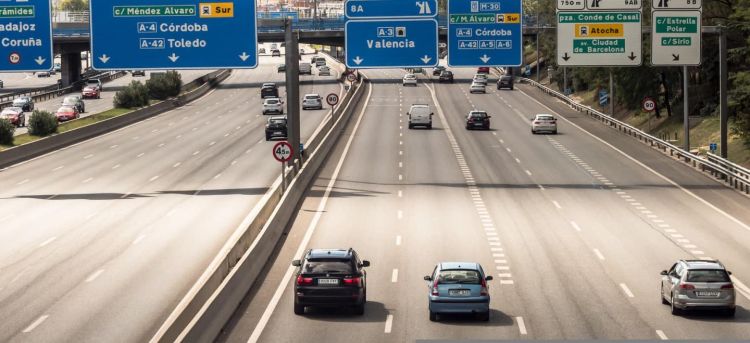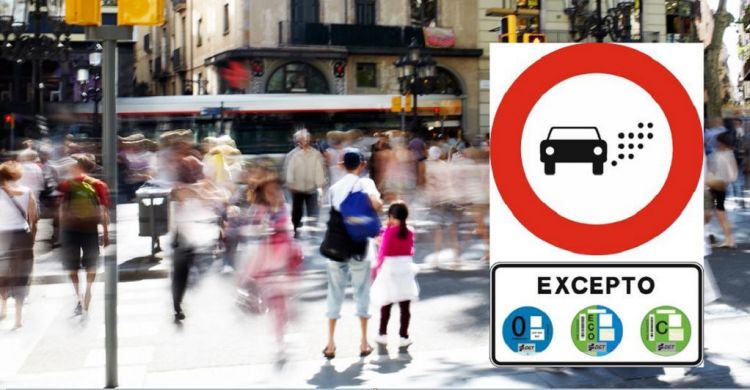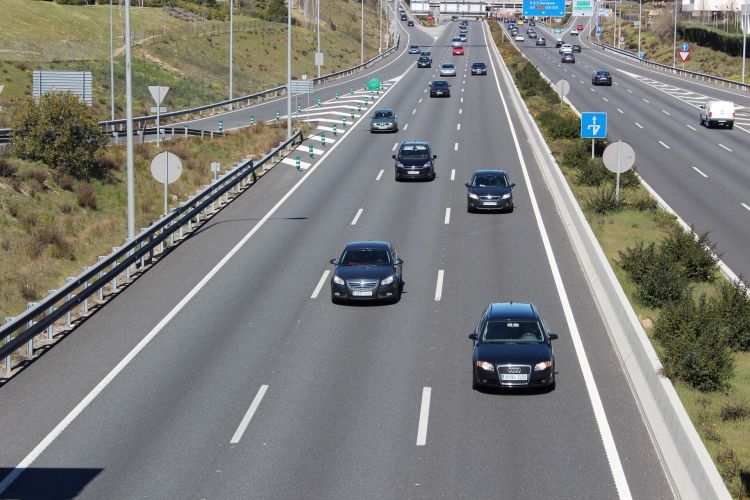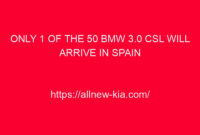Not only have the figures for new cars dropped, but also for models second hand. The data provided by Faconauto and Ganvam reveal that, from January to November, the used market has fallen by 5.2%… despite the 1,692,953 units sold. And among them stands out a pattern: vehicles over 15 years old powered by diesel engines. The same ones that, in 2023, they could find restrictions to enter and circulate through 149 Spanish cities.
Analyzing the data from the aforementioned associations and filtering them by type of engine, the best-selling second-hand cars are the diesels: although they have fallen by 8.4% so far this year, until November they represented 57.7% of sales. Gasoline, for their part, accounted for 36.77% (despite falling 3.6%). It should be noted that 95% of the models used are combustion.
If we remove this filter and activate the age filter, we find that 38.5% of sales are carried out by vehicles that are more than fifteen years old: these transactions have grown by 7.3% between January and November, reaching 652,280 units. On the opposite side of the scale are the cars that are one and three years old and those less than one year old: the former have experienced a 22.8% drop and the latter 17%.
The result of this scenario (added to the low registrations of new models) is an increasingly older fleet of cars. ANFAC, the manufacturers’ employers’ association, foresees that by the end of 2022, the average age will reach fourteen years: in 2021 it was 13.5 years. Beyond the handicap that this entails to achieve the much-needed renewal of that car park and the consequences that this has (pollution, safety…), we find drivers who could come across a series of prohibitions that, in 2023, will prevent them from enter and circulate through certain areas of your city.
Beware of LEZs
It should be remembered that, on January 1, 2023, the 149 Low Emission Zones (ZBE) corresponding to Spanish cities with more than 50,000 inhabitants; those of those localities with more than 20,000 inhabitants, which have negative air quality reports, should also be activated.
LEZs are geographically defined areas by municipalities that limit access, circulation and parking of vehicles to reduce pollution and improve air quality. To this day, according to The country, there are twenty who have already done their homework: Alcobendas, Algeciras, Barcelona, Burgos, Ciudad Real, Córdoba, Cornellà de Llobregat, Coslada, Fuenlabrada, L’Hospitalet de Llobregat, Madrid, Melilla, Pamplona, Parla, Pontevedra, Rivas, San Cristóbal de La Laguna, Sant Cugat, Seville and Talavera de la Reina. Another thirty have requested aid from the General State Budget to do the same.
The Ministry for the Ecological Transition and Retro Demographic (MITECO) published the document ‘Guidelines for the creation of low emission zones (ZBE)’, which details how to create a ZBE and which restrictions are the most effective. However, does not establish any specific rules to restrict or prohibit access, circulation and parking of any vehicle.
Restrictions for the most polluting
In theory, the most polluting vehicles are the ones that should have the most limitations: those of category A (those gasoline models registered before 2001 and diesel models registered before 2006), the B’s (gasoline registered between January 1, 2001 and January 1, 2006 and diesel that were registered between January 1, 2006 and September 1, 2015) and the C (gasoline registered since 2006 and diesel registered from 2014, which comply with the Euro 6 standard).
The pattern outlined in the Faconauto and Ganvam report would place fifteen-year-old cars (2007) and diesel in the second group: they would therefore carry the B badge. This does not mean that access and access are prohibited. circulation because The restrictions will depend on the rules imposed by each city council, but they are in the spotlight.






